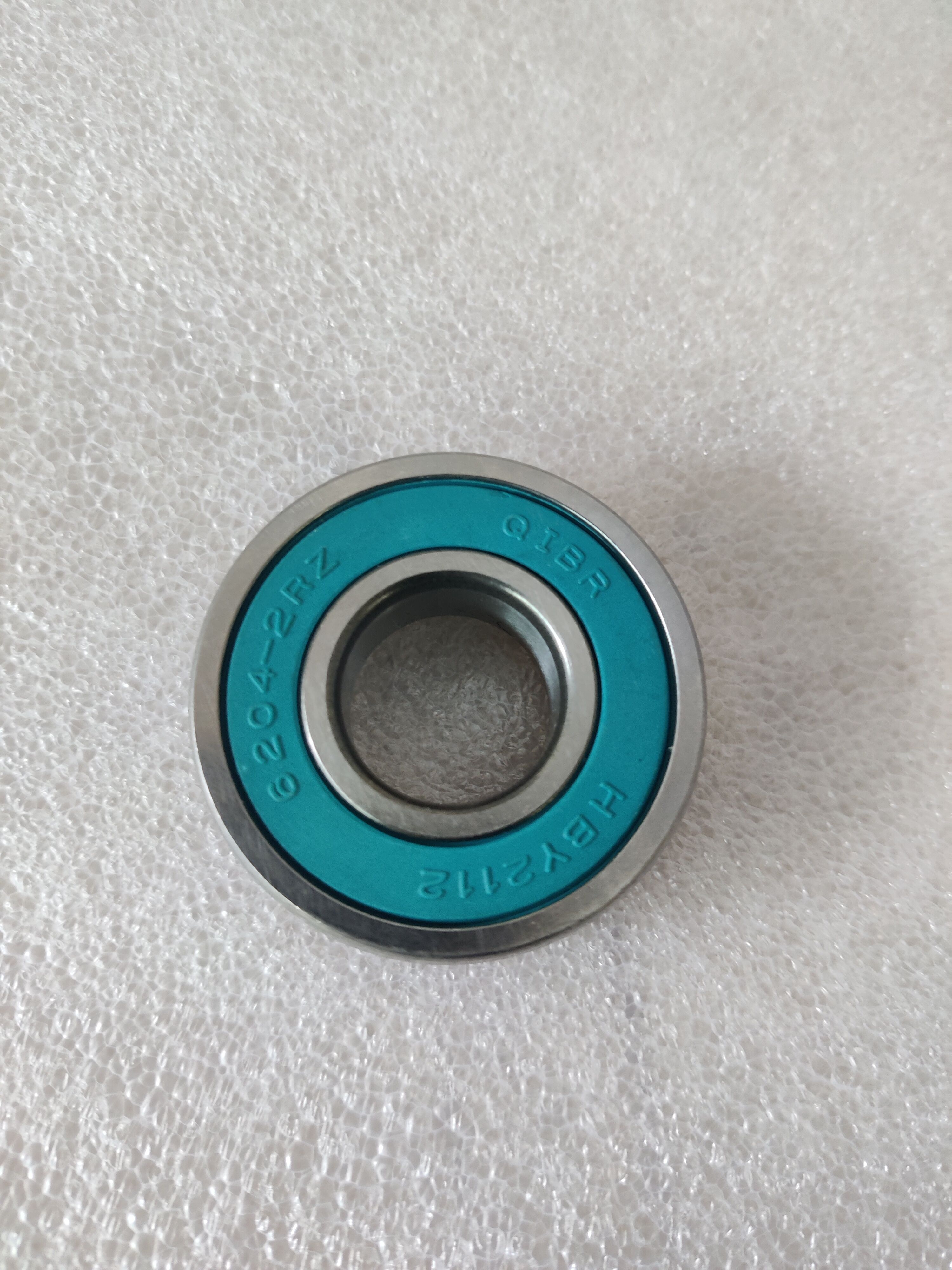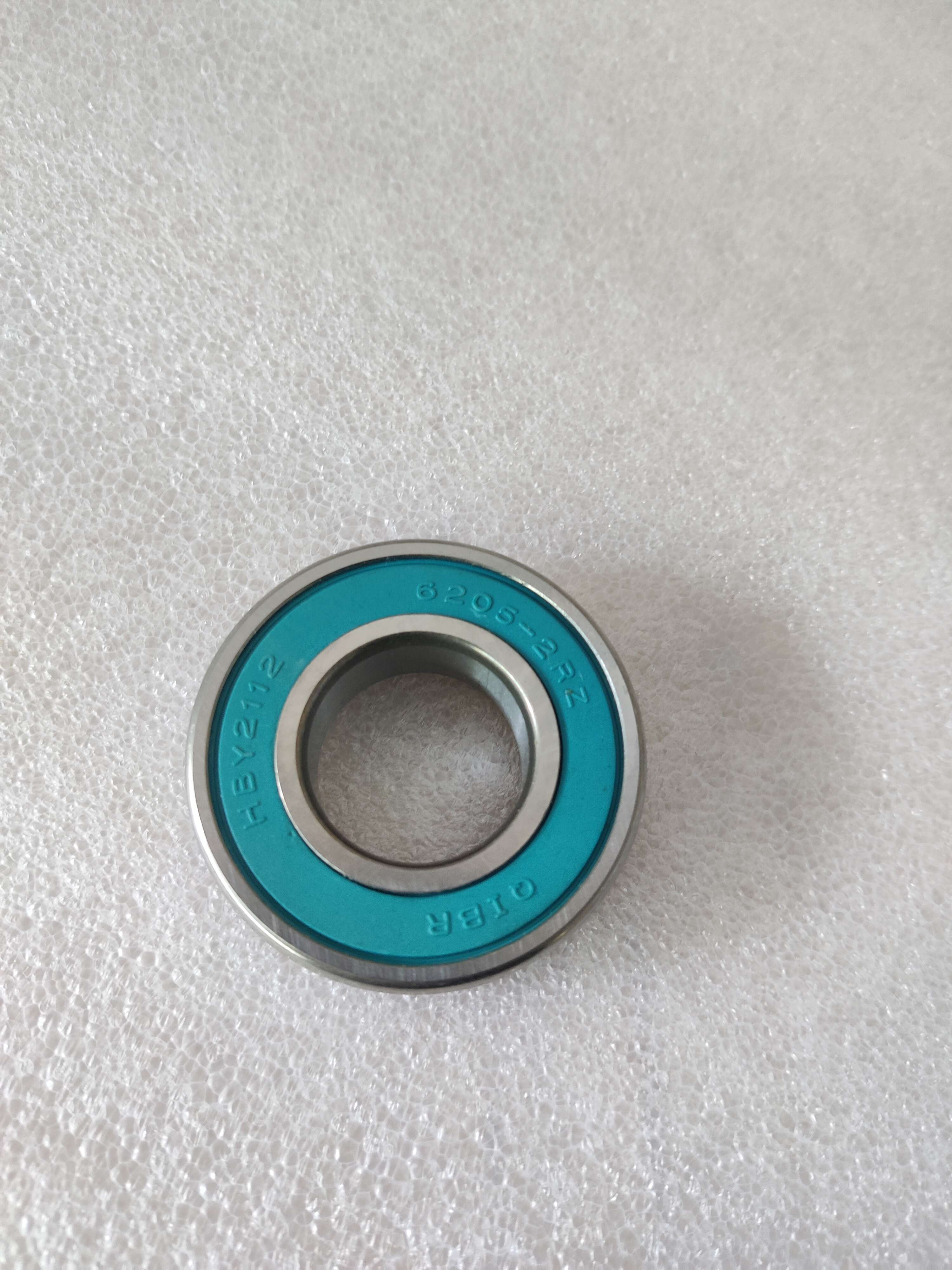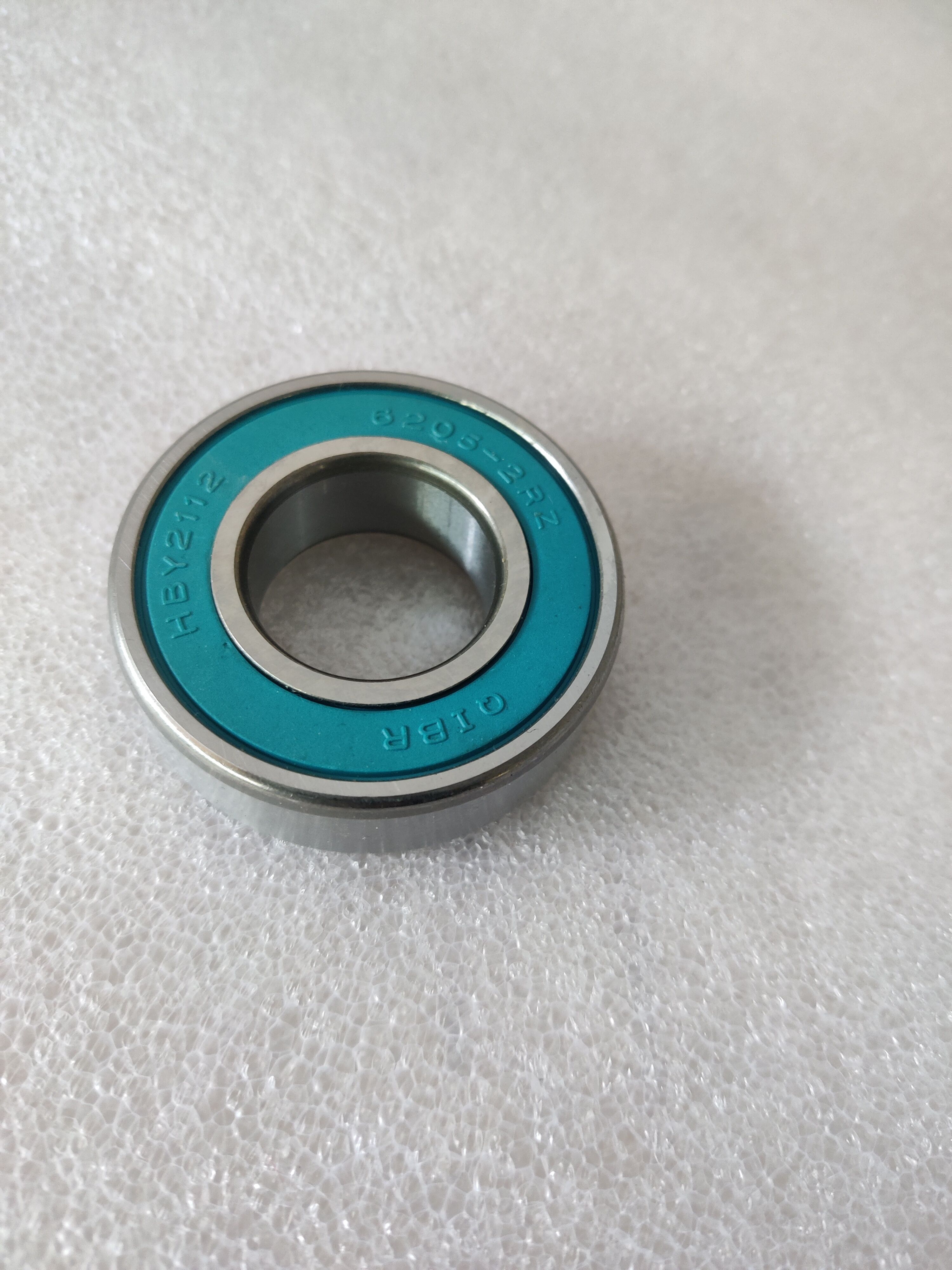Newsroom
What are the basic requirements for materials needed to make deep groove ball bearings?
2024-08-29The materials used for making deep groove ball bearings must meet a set of fundamental requirements that directly impact the performance, durability, and suitability of bearings for various applications. Here’s a detailed overview of these essential requirements:

1.Mechanical Properties
I.High Hardness: Deep groove ball bearings need to withstand significant loads and friction during operation, so the material must have adequate hardness to resist wear.
II.High Toughness:Tough materials absorb impact energy better, preventing brittle fractures under sudden loading or overload conditions.
III.High Strength: The material should possess strong tensile and compressive strength to prevent fractures or deformation under load.
2.Physical Properties
I.Good Thermal Conductivity: Deep groove ball bearings generate heat during operation; good thermal conductivity helps dissipate heat quickly, preventing high temperatures from degrading material properties or causing lubrication failure.
II.Low Thermal Expansion Coefficient: Materials with low thermal expansion change minimally in size with temperature fluctuations, helping maintain bearing precision and stability

3.Wear Resistance
The material used for deep groove ball bearings must be highly wear-resistant to withstand the friction from prolonged operation, extending the bearing’s lifespan.
4.Corrosion Resistance
Deep groove ball bearings that operate in humid or corrosive environments require materials with strong corrosion resistance to prevent material degradation and failure due to corrosion.
5.Processability
Deep groove ball bearing materials should be easy to process and shape to meet the various manufacturing process requirements. Good processability also contributes to higher precision and surface quality in bearings.
6.Purity and Uniformity
The purity of bearing steel significantly affects bearing fatigue life. Non-metallic inclusions and gas content in the steel reduce purity, impacting its performance. The chemical composition and carbide distribution of the material should be uniform to avoid performance differences and stress concentration due to structural inconsistencies.

7.Special Requirements for Specific Environments
For deep groove ball bearings used in special environments, such as high or low temperatures or radiation, materials need to meet corresponding requirements. For example, heat-resistant bearing steel should maintain stable performance at high temperatures, while bearings operating in low temperatures require materials with good toughness and resistance to brittle fractures.
The materials used for deep groove ball bearing manufacturing are subject to stringent requirements in terms of mechanical properties, physical properties, wear resistance, corrosion resistance, processability, purity, and uniformity. Together, these requirements form the basic guidelines for selecting bearing materials, ensuring reliable bearing performance in a range of conditions.
For more information, feel free to contact QIBR


